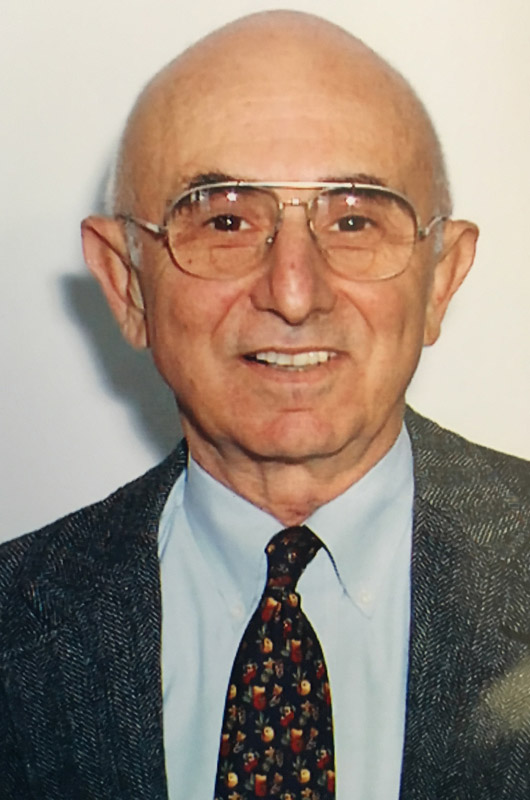Lawrence Elliot Harrison, a long-time resident of Martha’s Vineyard, died on Dec. 9, 2015 at the University Hospital of Alexandroupolis, Greece. He was 83.
Mr. Harrison was born in Boston and graduated from Brookline High School in 1949 and Dartmouth College in 1953. He served as a lieutenant in the U.S. Navy from 1954 to 1957 and graduated from the Harvard Kennedy School in 1960 with a master’s degree in public policy.
From 1965 until he retired in 1982, Mr. Harrison directed USAID missions in Costa Rica, the Dominican Republic, Guatemala, Haiti and Nicaragua. He was a senior research fellow and adjunct professor at the Fletcher School of Law and Diplomacy at Tufts University, where he founded and directed the Cultural Change Institute. From 1981 to 2001, Mr. Harrison was a visiting scholar at the Center for International Studies at the Massachusetts Institute of Technology, Harvard University’s Weatherhead Center for International Affairs, and Stanford University’s Hoover Institution.
Mr. Harrison authored numerous books, beginning in 1985 with Underdevelopment Is a State of Mind: The Latin American Case. Here he laid the premises of work to come: first, that good intentions, hope, enthusiasm, and ample funding are insufficient to propel the development of countries into the modern world, and, second, that some cultures are more prone to progress than others and more successful at creating the cultural capital that encourages democratic governance, social justice for all, and the elimination of poverty.
This first publication was followed in 1992 by Who Prospers? How Cultural Values Shape Economic and Political Success; The Pan-American Dream in 1997; The Central Liberal Truth—How Politics Can Change a Culture and Save It from Itself in 2006; and Jews, Confucians and Protestants—Cultural Capital and the End of Multiculturalism in 2012. In 2000, Mr. Harrison was co-editor with Samuel P. Huntington of Culture Matters: How Values Shape Human Progress, and in 2006 was co-editor with Jerome Kagan of Developing Cultures: Essays on Cultural Change. His articles have appeared in the Atlantic Monthly, Boston Globe, Foreign Policy, New York Times, Wall Street Journal, and Washington Post.
A lifelong Democrat and Red Sox fan, Mr. Harrison was a nationally-ranked junior tennis player and, after falling in love with Martha’s Vineyard during his first visit in the late 1950s, and when he was not listening to Brahms, became a regular and avid golfer at Farm Neck.
He is survived by his first wife, Polly Fortier Harrison of Washington, D.C.; their three daughters, Julia Harrison of Norwalk, Conn., Beth Harrison of Lincoln, and Amy Harrison Donnelly of Ridgewood, N.J.; and by seven grandchildren: Dylan and Georgia Grady; Max and Harrison Thebaud; and Megan, Jack, and Nora Donnelly. He was preceded in death by his second wife, Patricia Crane Harrison; his parents, David and Jenny Harrison; and his brother, Robert Arthur Harrison.


Comments (4)
Comments
Comment policy »